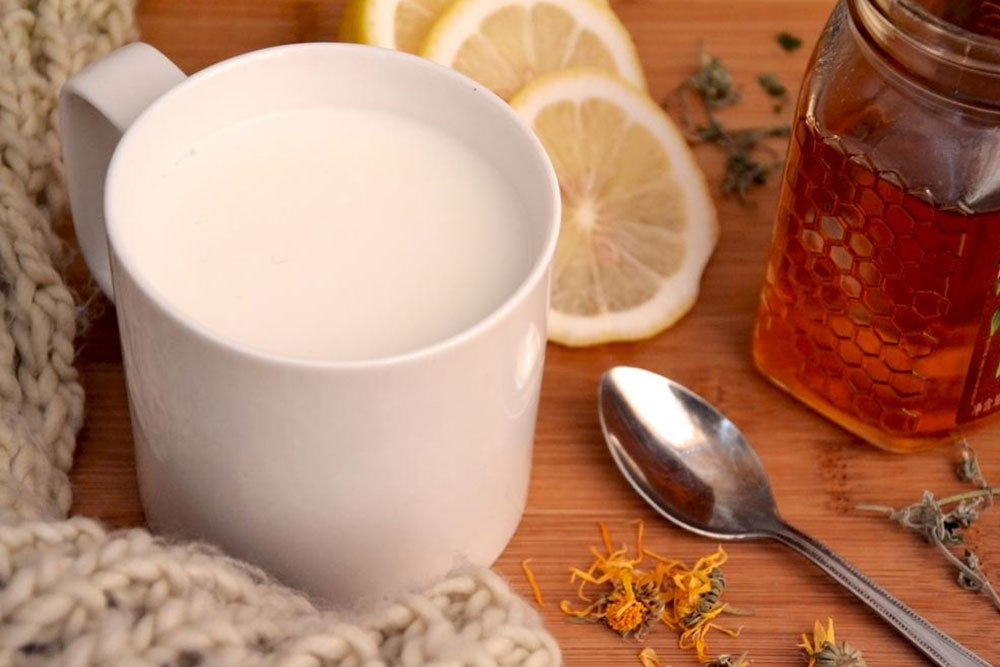Effective Natural Solutions for Migraine Headache Relief
Discover effective natural remedies for migraines, including identifying triggers, herbal teas, essential oils, acupressure, dietary tips, and lifestyle changes. These methods can help manage and prevent migraine attacks, reducing reliance on medications and improving quality of life.

Effective Natural Solutions for Migraine Headache Relief
Headaches, especially migraines, are among the most common neurological conditions worldwide. Data indicates that approximately 15% of adults in the United States suffer from intense headaches, predominantly affecting women. About one in four households has someone experiencing migraines.
Most sufferers report symptoms lasting one to three days. The condition often runs in families, with 90% of migraine sufferers having a genetic link.
Migraine is more than just a headache
It is a neurological disorder with clear and disabling symptoms.
It often presents as throbbing pain on one side of the head, though both sides can be involved.
Additional symptoms include visual disturbances, heightened sensitivity to sound, light, and smells, numbness in limbs or face, weakness, nausea, vomiting, and dizziness.
Attacks can last from 4 to 72 hours.
It can significantly reduce quality of life.
Children may also experience undiagnosed migraines.
Prolonged migraines can lead to depression, anxiety, and reliance on pain medications.
Migraines as a Disability
The World Health Organization ranks severe migraines among disabling conditions similar to dementia and paralysis. Since most cases occur in adults aged 18-55, there’s a substantial impact on productivity. About 113 million workdays are lost annually, costing employers over $13 billion in the U.S. alone.
The total yearly economic burden for migraine sufferers in the US approaches $78 billion. Chronic sufferers may spend between $8,500 and $9,500 annually on treatments, while episodic sufferers may spend at least $2,000, including medication and healthcare costs. Indirect costs like lost wages further escalate the impact.
Available Treatments
Over-the-counter pain relievers such as aspirin, ibuprofen, and acetaminophen can ease mild migraines. Specific medications like triptans and ergotamine/caffeine combinations are used for more severe attacks. Nausea medications are also helpful. Other options include glucocorticoids, opioids, and nasal sprays, though these may have side effects.
Preventative medicines encompass cardiovascular drugs, antidepressants, anti-seizure medications, and anti-inflammatory drugs. Ongoing research continues to develop new options.
Natural Home Remedies for Migraines
Many migraine sufferers rely on natural remedies since migraines are a chronic condition. While medications offer temporary relief, they often come with side effects such as dependency, gastrointestinal issues, and ulcers. Below are some popular home remedies:
Identify and Avoid Triggers – Common triggers include certain foods, sleep deprivation, alcohol, perfumes, loud noises, and bright lights. Recognizing personal triggers helps reduce attack frequency.
Early Symptom Recognition – Noticing early signs like mood changes, stomach discomfort, or stiffness can help manage attacks more effectively.
Herbal Teas – Peppermint, ginger, willow bark, clove, feverfew, and chamomile teas can soothe migraine symptoms, provided their aroma doesn’t trigger headaches.
Essential Oils – Applying peppermint, lavender, rosemary, or eucalyptus oil topically or diffusing can alleviate pain, as long as their scents are not triggers.
Acupressure – Applying pressure to specific points, especially on the palms, may reduce pain and nausea. Acupuncture offers long-term benefits if performed correctly.
Diet Management – Eating at regular intervals and staying well-hydrated can prevent low blood sugar-related migraines. Avoid trigger foods like aged cheeses, processed meats, MSG, spicy dishes, and high-caffeine drinks.
Hot Showers and Cold Packs – Alternating hot showers with cold packs at the neck can provide quick relief and relaxation.
Magnesium & Supplements – Supplementing with magnesium may address deficiencies linked to migraines; magnesium oils or tablets can help relieve ongoing attacks.
Exercise & Sleep – Gentle walking, yoga, and maintaining regular sleep schedules reduce stress and improve circulation. Sleeping in dark, quiet rooms enhances recovery.










